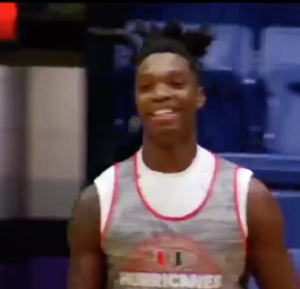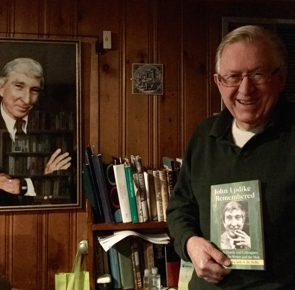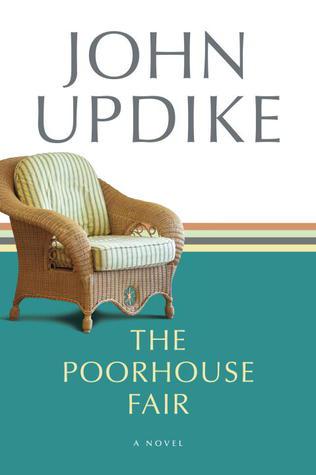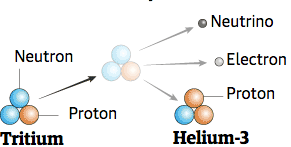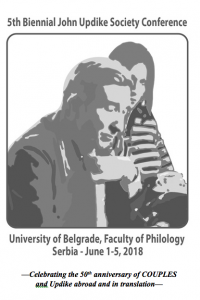 The November 30 deadline is fast approaching for those Updike scholars and up-and-coming Updike scholars wanting to apply for a Schiff Travel Grant to help them attend the 5th Biennial John Updike Society Conference in Belgrade, Serbia. The conference, hosted by the Faculty of Philology at the University of Belgrade, will take place the first week in June 2018. The conference is shaping up to be one of the most memorable.
The November 30 deadline is fast approaching for those Updike scholars and up-and-coming Updike scholars wanting to apply for a Schiff Travel Grant to help them attend the 5th Biennial John Updike Society Conference in Belgrade, Serbia. The conference, hosted by the Faculty of Philology at the University of Belgrade, will take place the first week in June 2018. The conference is shaping up to be one of the most memorable.
First-time programs always get fewer applicants than one imagines. Don’t miss out on an opportunity of a lifetime. Propose a paper to present! Up to four $1500 grants will be awarded to scholars under 40 and up to three $1000 travel-to-conference grants will be awarded to society members needing assistance. And these days, who doesn’t?
The travel grants are the result of a generous donation from The Robert and Adele Schiff Family Foundation, whose support has enabled The John Updike Society to purchase and restore The John Updike Childhood Home in Shillington, Pa. Applicants need not be members at the time of application, but must join the society before grants can be paid.
Both types of grants are merit- and need-based.
TO APPLY: Interested scholars should send to James Plath (jplath@iwu.edu):
—a one-page proposal for a 15- to 20-minute paper appropriate for the conference
—one additional paragraph about yourself, what grant you are applying for, and why the grant is important to you.
The selection committee will make their decisions and announce successful applicants by the end of the first week of December 2017.

